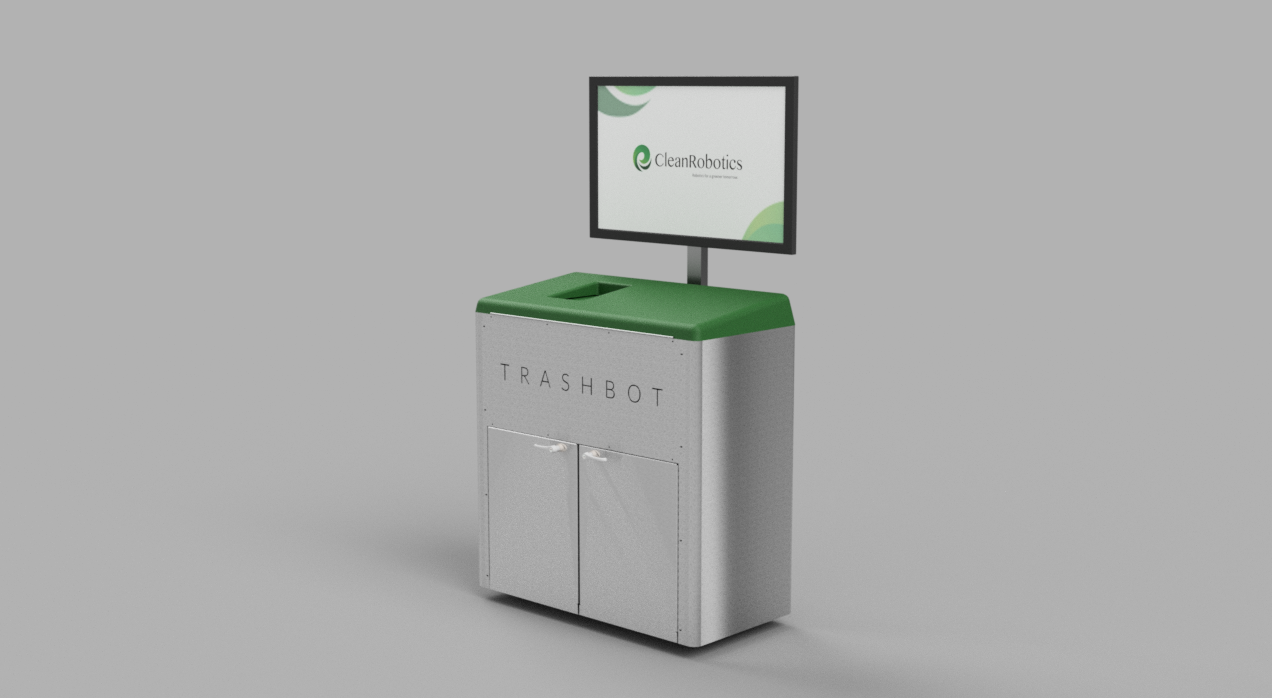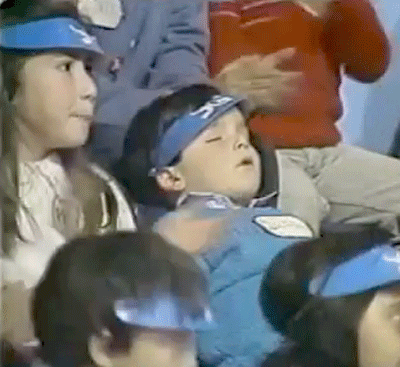Are you smarter than a garbage can?
Probably not, according to CleanRobotics co-founder and CEO Charles Yhap. When humans have to decide between the standard two-bin waste format — recycling versus landfill — “humans are making the choice correctly less than 50 percent of the time.”
But don’t be too hard on yourself — recycling is a lot more complicated than you think. What’s recyclable, compostable, and destined for a landfill varies county by county. “If you work in one county and live in another county, and maybe visit a third county to see a friend, you’ve already gone through three jurisdictions or rule sets of what’s recyclable and what isn’t,” Yhap explained.
When people “wishcycle,” or sort the wrong things into recycling, it can contaminate recyclable materials. That leads to broken equipment or entire recycling shipments redirected to landfills. The greasy pizza box or glass jar you didn’t clean out will do more harm than good at the recycling plant.
In larger facilities, improper waste sorting can lead to even bigger issues. Improper disposal of waste and recyclables can result in hefty fines for the business, depending on county laws.
That’s where CleanRobotics’ AI-powered automated waste sorting solution lends a hand. CleanRobotics’ initial offering, the original TrashBot created in 2015, automatically separates waste into two recycling and landfill streams.
The smart trash can uses sensors and algorithms to learn what’s recyclable and what’s not, improving a facility’s recycling accuracy by 60 percent right away. As it learns by being fed new objects for its data set, it becomes more accurate over time, reaching a 95 percent accuracy at many facilities.
In addition to identifying items that can be recycled, its software connects with county records, instantaneously updating when recycling policies change.
Because recycling can be so complicated, CleanRobotics estimates it’s about 300 percent more accurate than the public, Yhap said. “It’’s a pretty big achievement,” he added.
With a standard 60-gallon capacity, TrashBots found an audience in high-traffic public places, such as airports, convention centers, arenas, malls, and universities. These spaces often produce lots of waste but also have many visitors who might not be aware of local recycling policies.
Following the success of the original TrashBot, CleanRobotics announced two new models on Earth Day in April to better serve the growing demand for smart waste disposal.
TrashBot Zero can identify and sort waste into as many as four different categories, meeting the need for areas where recycling sorting breaks down even further. CleanRobotics created Zero for markets such as stadiums and event centers, where visitors throw away compostable food waste in addition to trash and recycling. Zero can increase the accuracy of recycling while also decreasing the risk of food contamination, which can render items nonrecyclable further down the chain. Like the previous model, Zero includes an intelligent monitor that educates users on the facility’s specific recycling policies.
Where TrashBot Zero went bigger, TrashBot Slim measure 50 percent smaller than the original. The Slim sorts into two streams, like its predecessor, but takes up half the footprint. With a smaller size and lower price point, it’s a better fit for small businesses, Yhap said, opening up intelligent disposal to a new market. While interested buyers should contact sales for pricing, Trashbot’s pricing ranges between $1,500 and $5,000.
Beyond the benefits of recycling compliance, the new models also monitor the capacity of the bins, eliminating the need for manual checks.
With improved TrashBots on the market, CleanRobotics is focusing on geographic expansion, bringing smart waste management to new cities. “We’re also interested in learning new ways to apply artificial intelligence to different problems inside the waste stream,” Yhap said. “Our core technology has lots of potential uses — let’s explore them.”
Join the conversation!
Find news, events, jobs and people who share your interests on Technical.ly's open community Slack




